Jammu & Kashmir High Court: A Single Judge Bench of Sanjeev Kumar, J., allowed a writ petition filed against the order of Respondent 3, whereby the medical claim of the petitioner was rejected on the ground that his case was not covered under Rule 6(5) of Medical Attendance Cum-Allowance Rules, 1990.
The petitioner went to Mumbai where he fell ill and was subsequently admitted to a hospital where he was diagnosed with cancer. He incurred Rs 58,468 towards medical expenses during 2004-06, however his claim was rejected by Respondent 3 on the ground that his case was not covered under Rule 6(5) of the Rules of 1990. The main issue that arose before the Court, in this case, was whether the petitioner was entitled to get medical reimbursement for the cost incurred by him for his treatment.
The Court observed that it was an accepted fact that the case of petitioner was genuine and that he was actually diagnosed with cancer for which he incurred a specific sum of money towards medical expenses. Taking into account another decision of the same Court, it was further observed that the rules cannot be interpreted to operate harshly in medical treatment cases.
The Court held that the respondents had declared the petitioner’s treatment to be genuine and hence merely saying that the case of the petitioner did not fall within the purview of Rule 6(5) of Rules of 1990 does not disentitle the petitioner to get the amount which the petitioner has actually incurred on the medical treatment. Finally, the impugned order was quashed and the respondents were directed to disburse an amount of Rs 58,468 incurred by the petitioner for his treatment at Tata Memorial Centre Hospital, Mumbai subject to furnishing of necessary bills for the amount incurred on his treatment. [Mohd. Younis v. State, 2018 SCC OnLine J&K 498, order dated 09-08-2018]


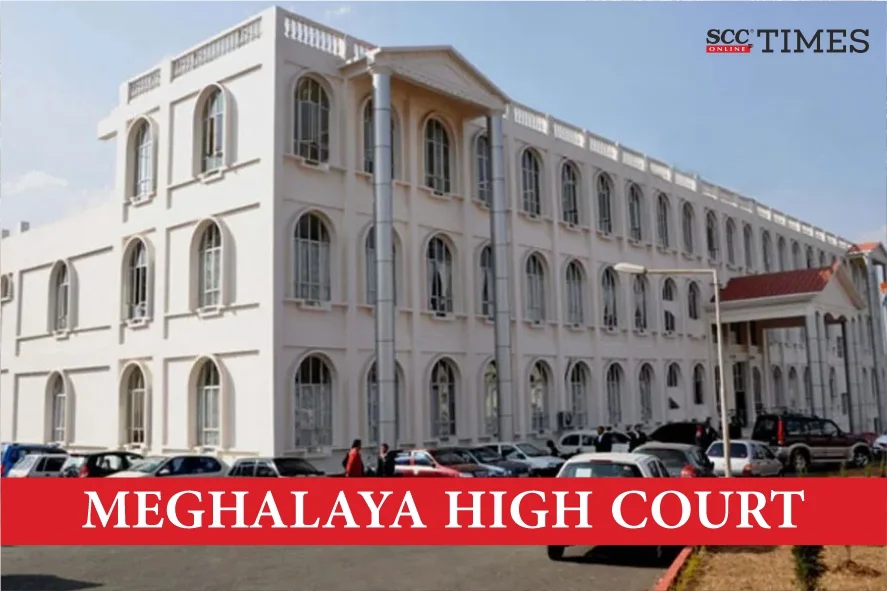
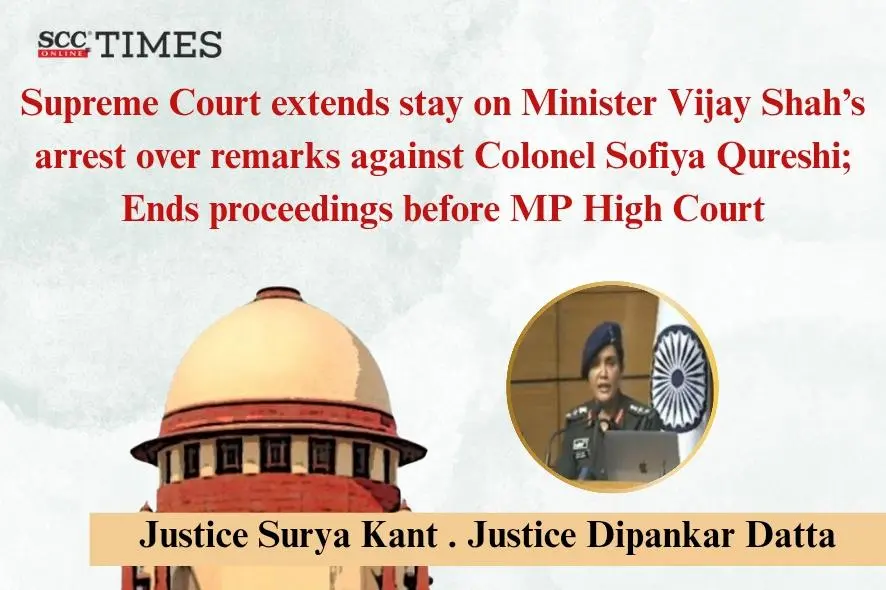
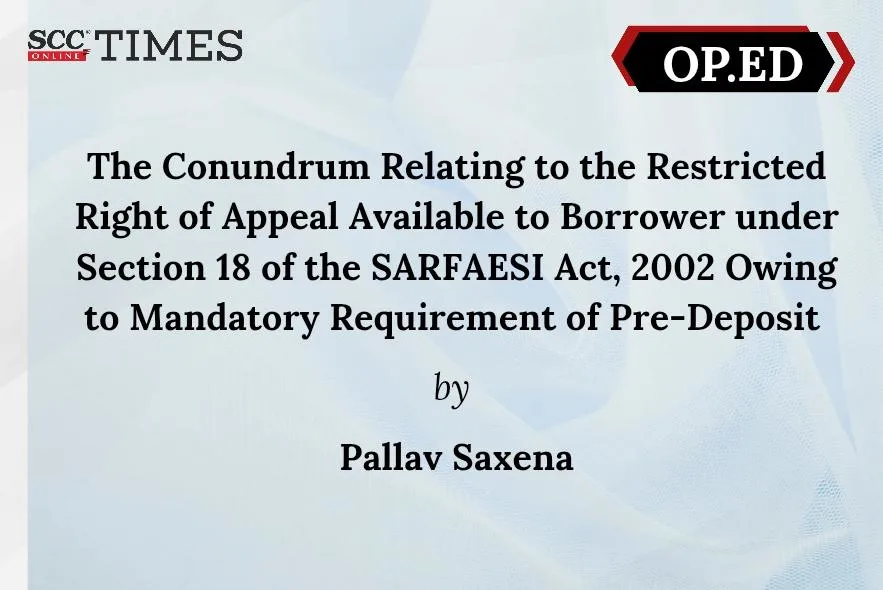
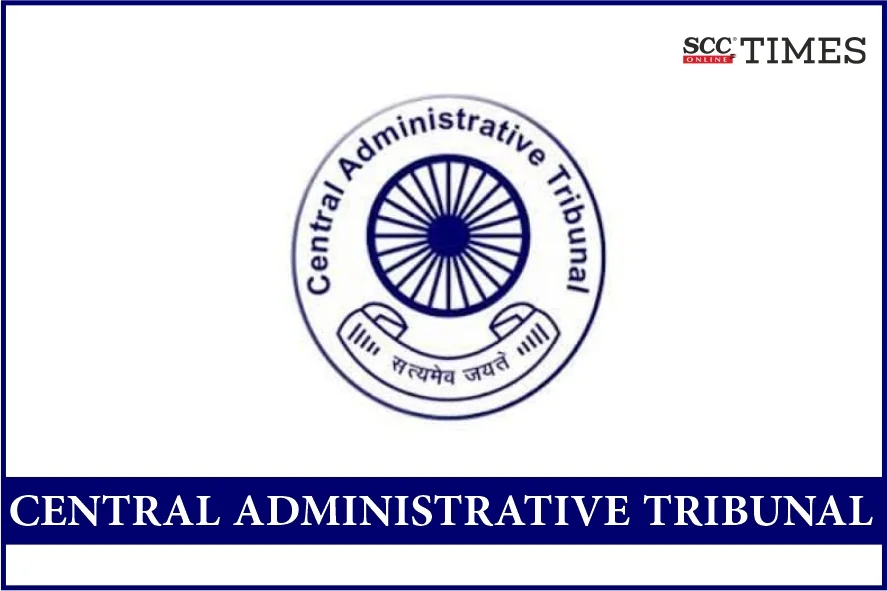
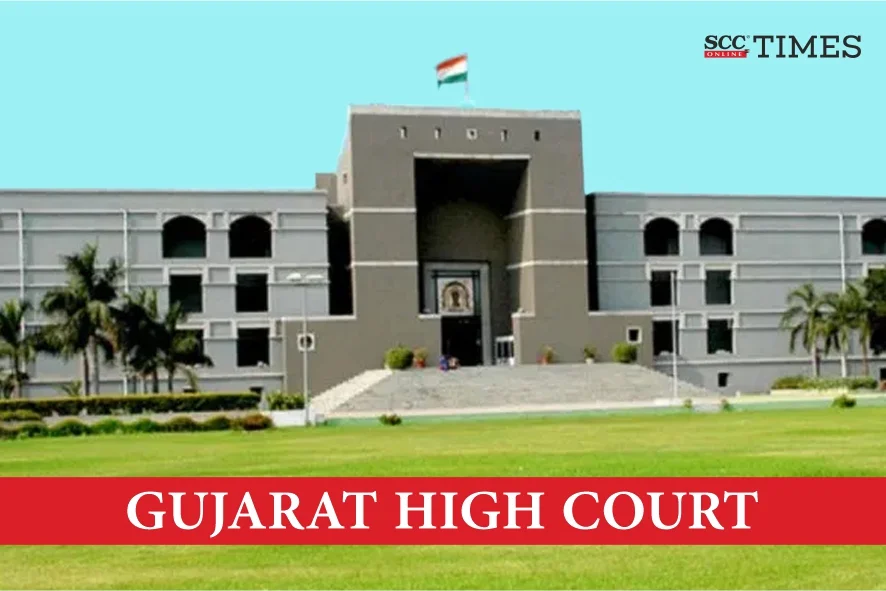





please any judgement , that divorce petition under mutual consent u/s 13 b of hindu marriage act and one of the petitioner remains absent at the time of counselling and decree , then hon’ble judge can pass decree in absence of one of the petitioner . please any judgement kindly suggest me